Breaking News: Groundbreaking Brain Map Could Revolutionize Parkinson's Treatment
Scientists at Duke-NUS Medical School have unveiled a revolutionary single-cell map of the developing human brain, providing crucial insight for Parkinson's treatment. The BrainSTEM atlas, a collaboration with partner institutions, maps nearly 680,000 cells, capturing the full cellular diversity of the developing brain. This unprecedented achievement reveals flaws in current lab-grown models and offers a precise, open-source standard for future research.
The BrainSTEM project was led by researchers at Duke-NUS Medical School, who assembled the single-cell map over several years. The atlas identifies nearly every cell type, records their genetic signatures, and shows how these cells grow and interact. This breakthrough has the potential to revolutionize Parkinson's treatment by providing a more accurate understanding of the disease's progression and the development of dopamine neurons.
The immediate impact of this discovery is significant, as it offers a new standard for future research. "This is a game-changer for Parkinson's research," says Dr. Hilary Toh, lead researcher on the project. "Our findings provide a precise and open-source standard for future research, allowing scientists to build on our work and accelerate the development of new treatments."
The BrainSTEM atlas is particularly significant for Parkinson's research, as it provides a detailed understanding of the development of dopamine neurons. These neurons are responsible for producing dopamine, a neurotransmitter that plays a critical role in motor control and movement. Parkinson's disease is characterized by the degeneration of dopamine neurons, leading to motor symptoms such as tremors and rigidity.
The development of the BrainSTEM atlas is the culmination of several years of research, involving a team of scientists from Duke-NUS Medical School and partner institutions. The project was supported by funding from the National Medical Research Council and the Singapore Ministry of Health.
As the scientific community continues to build on the BrainSTEM atlas, researchers are optimistic about the potential for new treatments. "This breakthrough has the potential to revolutionize Parkinson's treatment," says Dr. Toh. "We are excited to see where this research takes us and how it will impact the lives of people living with Parkinson's."
The BrainSTEM atlas is now available online, providing a valuable resource for researchers worldwide. As the scientific community continues to explore the potential of this groundbreaking map, one thing is clear: this breakthrough has the potential to change the face of Parkinson's research forever.
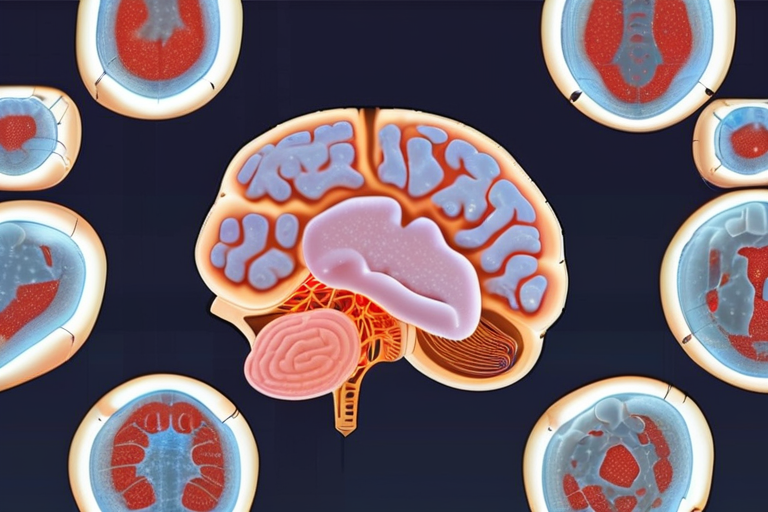


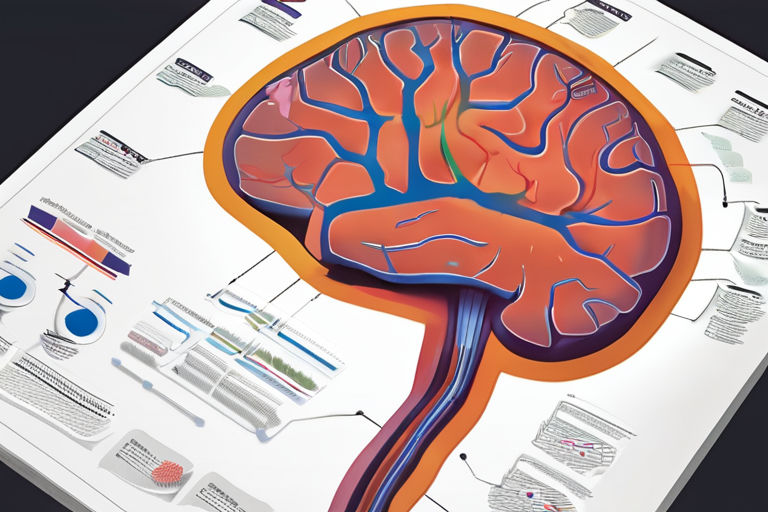

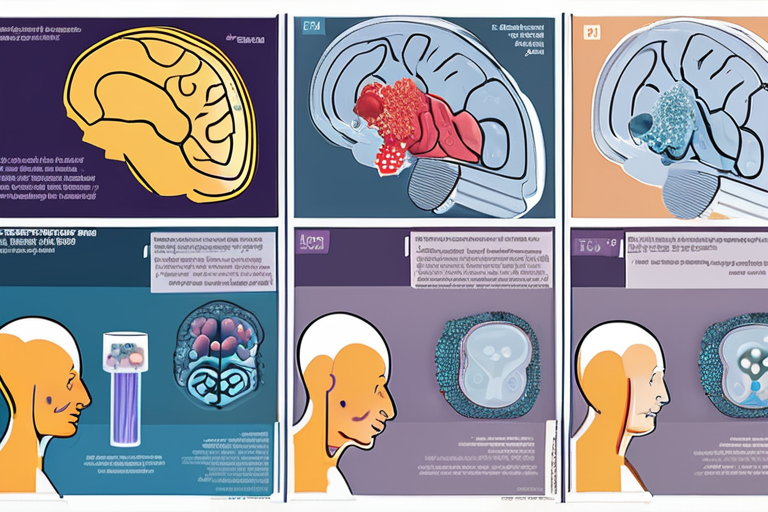

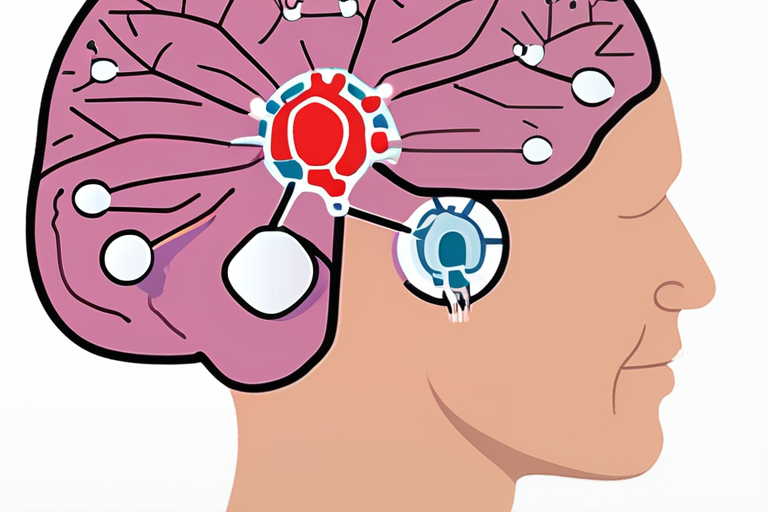
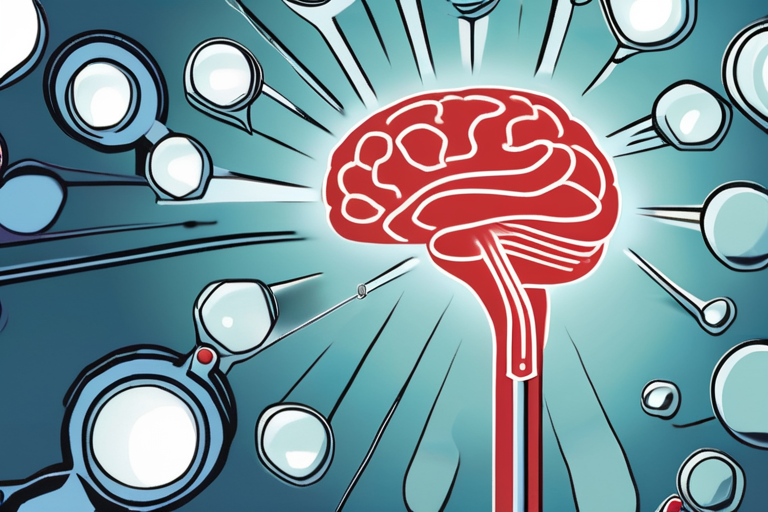
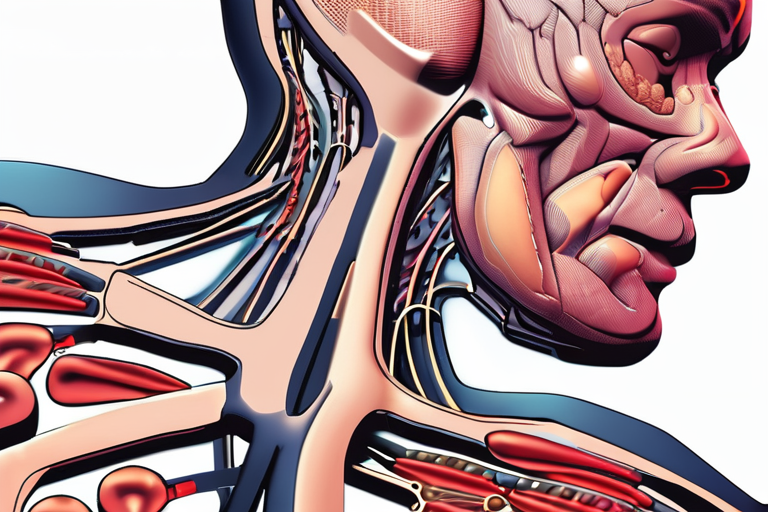




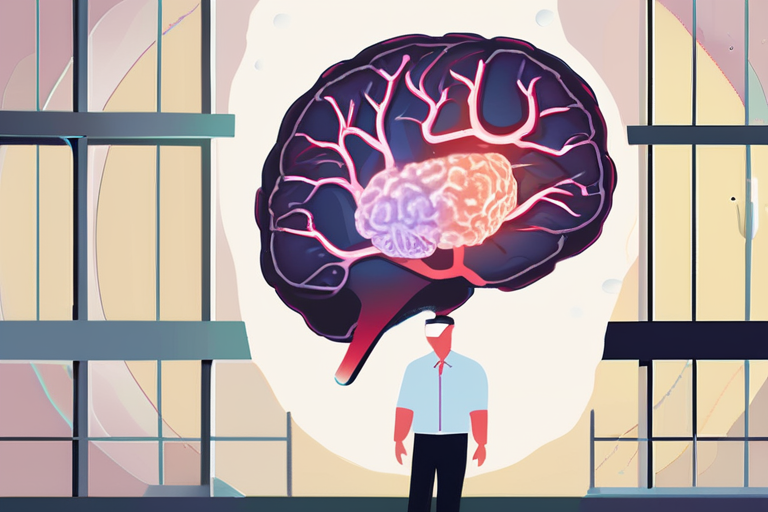

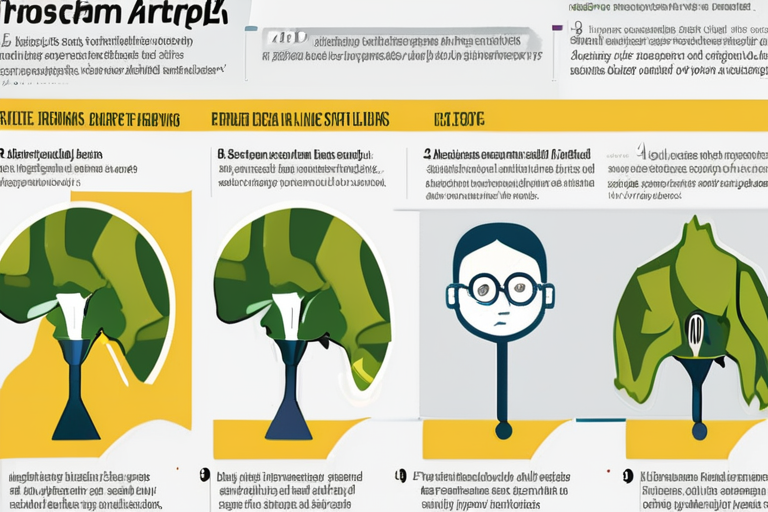
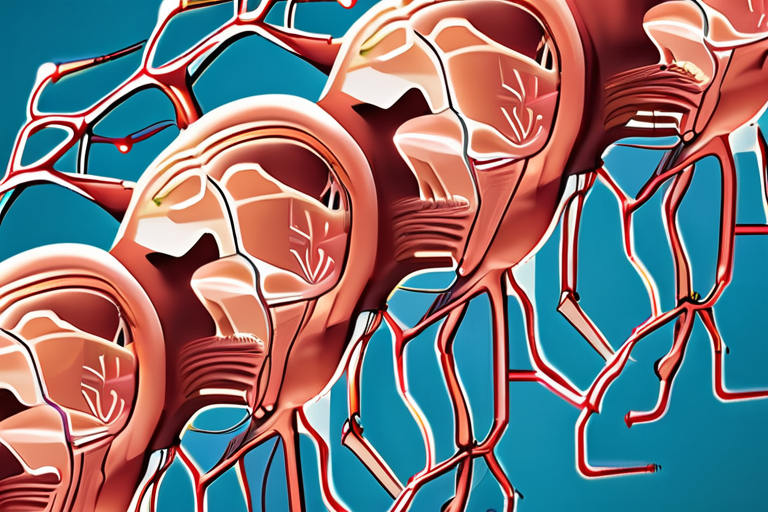


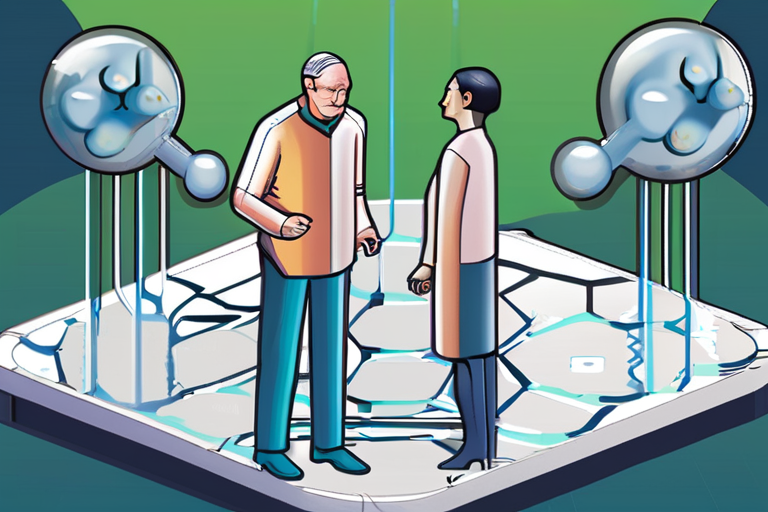
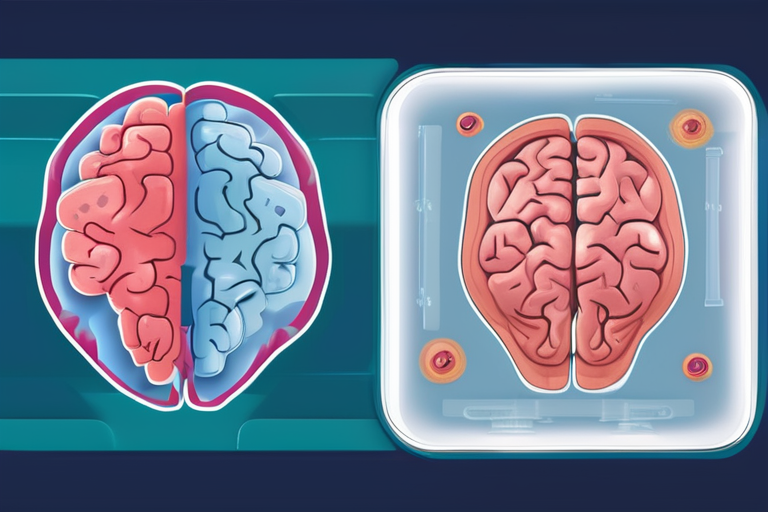
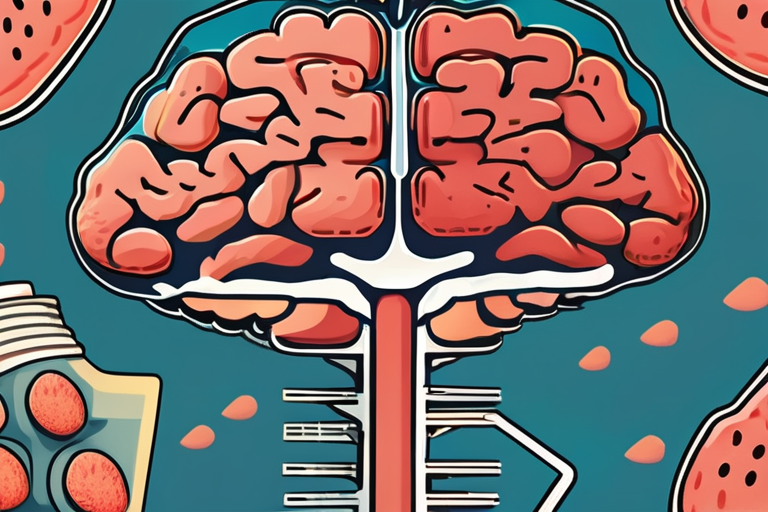
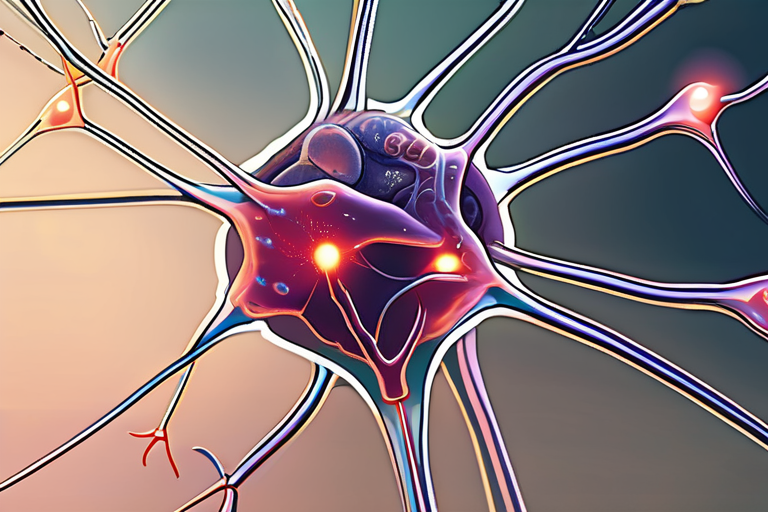

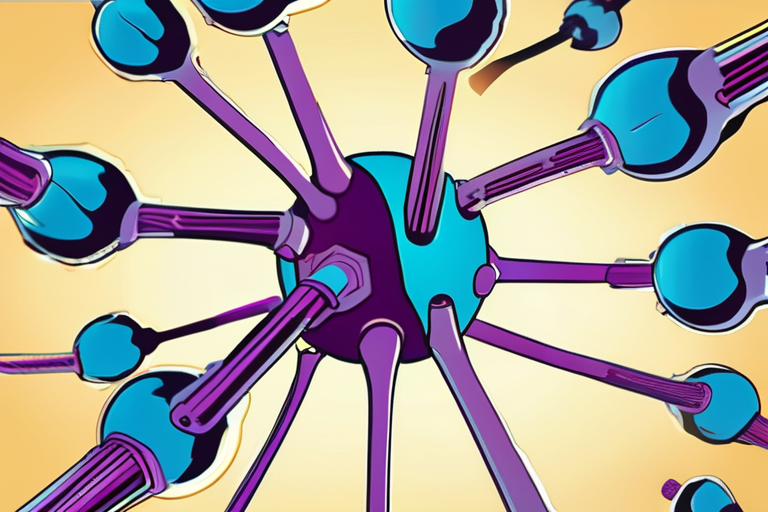

Share & Engage Share
Share this article